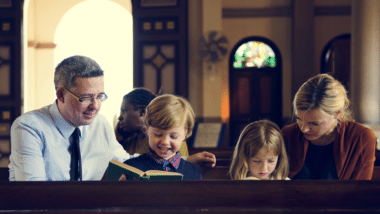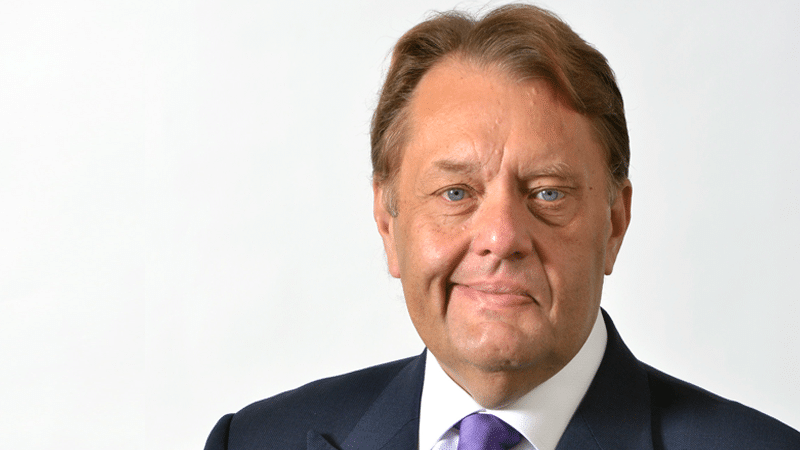Parliamentary prayers should not be abandoned to appease ‘modernisers’, a long-standing MP has warned.
Sir John Hayes said it was important to begin each sitting of the House of Commons with prayer to afford MPs time for quiet reflection, and in recognition of the UK’s Christian heritage.
The practice is thought to have been first introduced in 1558. Prayers follow the Christian faith and attendance is voluntary.
Foundational
Sir John contended: “Whether you believe in the divine or not, it’s important to recognise our country is rooted in the Christian traditions. Prayers are a reminder of that.”
But he warned that some among the new intake of MPs “either because of ignorance or hostility, don’t understand the point about the need for a period of contemplative time or the Christian tradition on which our country’s system of ethics and laws are founded”.
He added: “There’s a certain sort of arrogance associated with people who arrive somewhere and want to change everything before they really understand it.”
“Lord, the God of righteousness and truth, grant to our King and his government, to Members of Parliament and all in positions of responsibility, the guidance of your Spirit. May they never lead the nation wrongly through love of power, desire to please, or unworthy ideals but laying aside all private interests and prejudices keep in mind their responsibility to seek to improve the condition of all mankind; so may your kingdom come and your name be hallowed.
Amen.”
Bideford
The National Secular Society claimed that the centuries’ old tradition was an ‘imposition’ of “religious rituals on those who don’t share your faith”.
The organisation made similar claims in 2019, when it attempted to have prayers removed from meetings of Denbighshire Council in Wales. Despite the pressure, the Council refused to remove the prayers.
The councillors cited a legal case involving Bideford Town Council in Devon, where The Christian Institute defended the council’s right to conduct prayers.
At the time, the High Court ruled that public bodies do not need to be secular in order to comply with equality and human rights law.

Ann Widdecombe: ‘Christian politicians shouldn’t have to leave faith at the door’
BBC committed to continuing religious broadcasting
Shopworkers’ union opposes Belfast City Council Sunday trading plans

